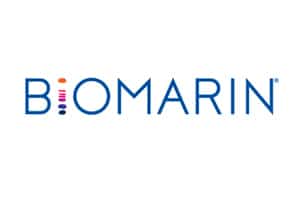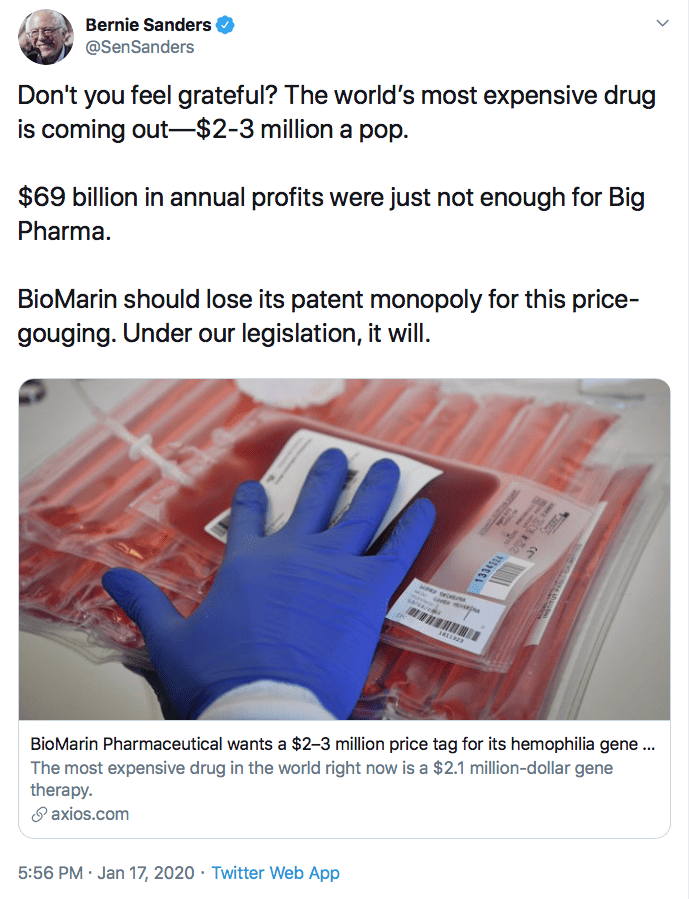
BioMarin raised some eyebrows last week when its CEO JJ Bienaimé discussed pricing its new gene therapy for haemophilia A between $2m and $3m.
The new therapy, Valrox (valoctocogene roxaparvovec), improved levels of clotting Factor VIII sufficiently in eight of 20 adults with severe haemophilia A treated over three years in BioMarin’s phase 3 GENEr8-1 trial of the drug – enough to meet the pre-specified criteria for regulatory review.
Now, BioMarin is eyeballing a $2m-$3m price-tag for the novel therapy, with execs arguing that, because Valrox is supposed to be a one-shot therapy, that price actually work outs cheaper than a lifetime’s supply of treatment.
However, in that same trial of Valrox which qualified it for review, Factor VIII levels appeared to fall off over the course of the study, leading to concerns about the durability of the response to what BioMarin is claiming is a one-shot therapy.
The drop in Factor VIII levels was observed at the two-year time point as well, and with levels continuing to decline some analysts have argued that the effect of the therapy wears off – although reductions in bleed rates appear to be maintained over the three-year period.
The premium price has drawn the criticism from Vermont Senator and presidential hopeful Bernie Sanders, who vowed to break the patent of the drug if BioMarin decided to price it at the proposed $2m-$3m.
The price range is similar to that of Novartis’ one-shot spinal muscular atrophy gene therapy Zolgensma, which became the most expensive drug in the world at $2.1m.
However, payers may not be so accepting of that price-tag on a drug which could only last for a few years, which raises the question of whether re-administration of BioMarin’s gene therapy will be as effective.
The uncertainty of the durability of BioMarin’s drug has left space for other haemophilia A hopefuls from rival developers.
This includes Sangamo and Pfizer, whose gene therapy achieved a dose-dependent increase in clotting Factor VIII levels across four dosage groups, each including two subjects.
Also in the running is SPK-8011 from Spark Therapeutics – although this contender suffered a setback in 2018 after two patients treated with the therapy developed immune reactions.
Sander’s comments echo the growing disdain for the pharmaceutical industry in the US, which recently ranked bottom in a Gallup poll of industry reputation.
The bad reputation was attributed to, most notably, the ongoing opioid litigation against a number of pharma companies and ongoing scrutiny over medicine prices.
According to Gallup: “The industry’s rating likely will not recover until its role in the opioid epidemic is addressed, and the political pressure on the industry for high prices and massive profits subsides.”





